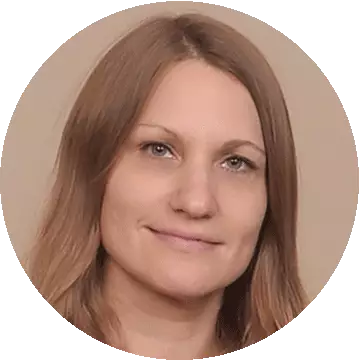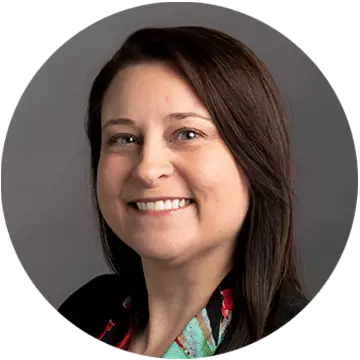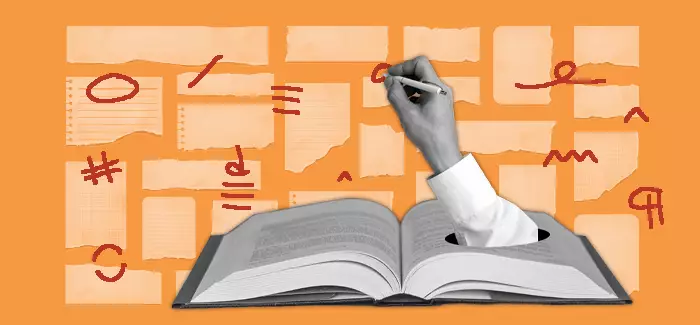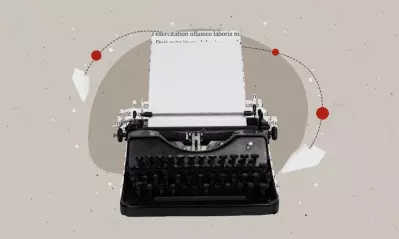Articles > Liberal Arts > What is a copy editor?
What is a copy editor?

Written by Camilla Andersson

Reviewed by Briana Houlihan, MBA, G-PM, Dean, College of General Studies

Behind the scenes of most published writing, copy-editing professionals work diligently to ensure that the content is clear and accurate. But what is a copy editor? Learn more about this important role.
What does a copy editor do?
If you’re wondering “What is a copy editor?,” think about how writing anything usually requires revisions. Even an email benefits from proofreading for spelling and grammatical errors. Well, a copy editor does that at scale, serving as one of the last lines of defense against errors.
Copy editing is just one type of editing, and manuscripts might go through several reviews before reaching a copy editor. A developmental editor, for example, may look at an entire text first to review it for content, organization and tone. A line editor may then review it for flow and readability. Next, a copy editor will review the text for grammar, spelling and other potential inaccuracies. Finally, a proofreader will read the text to catch mistakes other editors may have missed or introduced.
This process minimizes the possibility of errors, but some workplaces structure editing differently because of budget constraints or priorities. For example, copy editing and proofreading may be merged into one role. Or a single editor may need to handle copy from start to finish.
What is a copy-editor job, generally speaking? Here are examples of responsibilities a copy editor may take on:
- Correcting grammar, punctuation and spelling mistakes
- Checking for factual errors
- Ensuring that the text complies with an applicable style guide
- Flagging or removing potential legal issues
- Making minor changes to improve readability and flow
- Communicating with writers and other editors
- Formatting
The exact answer to the question “What is a copy editor?” will vary among different workplaces. Typically, these professionals don’t make significant edits to the text, such as changes that depart from the writer’s original tone of voice or point of view. If they see the need for more substantial changes, they will communicate this to the writer or the content or developmental editor.
On the other hand, they have more room to make changes than proofreaders, who read texts closer to the time of publication. At that stage, only minor edits should be needed.Â
Why is copy editing important?
When done right, copy editing ensures a smooth and intelligible reading experience. The text is error-free and aligns with the writer’s or publication’s tone of voice.
When it fails, however, the consequences can range from mild to severe, like having to print a retraction or contending with a lawsuit. This is because, at many workplaces, editors don’t just correct linguistic mistakes. As noted, they also review the text to flag potential legal issues such as:
- Damaging statements that can result in libel and defamation lawsuits
- Plagiarism that can result in copyright infringement
- Inaccurate information that can result in lawsuits for negligent publication
Other legal risks are less obvious and do not neatly fall into one category. Because of this, editors must pay attention to even the most minor details in a text. For example, a missing or misplaced comma has resulted in millions of dollars in lawsuits, such as in a and a .
Although the circumstances in those cases were unusual, they are a good reminder of why copy editing is so important. Other benefits of copy editing are:
- It can make a text flow better, which means readers might stay longer on the page because they are easily following what’s being said, and maybe even intrigued.
- It helps the publisher of the text maintain credibility. Inaccuracies can quickly make a reader lose confidence in the source.
- It can reduce misunderstandings that arise from poor word choice, spelling errors and other confusing language.
Required skills for copy editors
Because of the important role they play, professionals working in this field must have excellent attention to detail. This will help them spot errors in texts as well as become confident with common rules and writing conventions in relevant style guides.
Because they sometimes work independently, copy editors can benefit from self-motivation and discipline. And while much of the work is solitary, they still need to have excellent communication skills to collaborate with writers and other editors.Â
Internship and training opportunities
If you’re ready to move beyond “What is a copyeditor?” to “How do I become one?,” generally one step is to obtain a liberal arts degree in a discipline like English. A degree may not be needed for all jobs, but it’s a common requirement.
You might also seek experience in the field, even before graduation. Internships, for example, can be a good way to build skills and identify industries or companies where you want to work someday.
Taking on freelance assignments can help editors transition from an internship to a full-time job as well. Explore freelancer websites that offer both temporary and long-term assignments, such as Upwork and Fiverr.
To apply for copy-editing positions, start with a tailored, professional and error-free resumé. You can look at this chance as your first editing job! It can be challenging to catch errors in your own work, so don’t be afraid to ask a friend you trust and who has good writing skills to review your cover letter and resumé.
Once you get a job interview, the hiring process might include a copy-editing test, especially for entry-level jobs where you don’t have previous work experience to prove your skills. Prepare by reviewing common grammar and punctuation rules, frequently confused words (e.g., wary vs. weary, principle vs. principal, effect vs. affect) and applicable style guides.
Many organizations have their own style guides, but they also often incorporate standards from commonly used guides such as the The Chicago Manual of Style, The Associated Press Stylebook, the MLA Handbook (Modern Language Association) or APA Style (American Psychology Association). Editors frequently refer to style guides at work, so it’s not expected that you know everything, but it’s a good idea to be somewhat familiar with common stylebook rules, such as standards for how to write numbers, headlines, dates, titles and locations.
Creating a portfolio can help editors showcase their work and skills. A printed or online copy-editing portfolio can include samples of texts before and after editing. To avoid legal and ethical issues, it’s wise to ask the owner of the text, such as the employer, client or writer, for permission before adding a work to your portfolio.
What is a copy editor at different workplaces?
Traditional employers of copy editors might include magazines, newspapers and book publishers. Companies with media blogs and websites are other common workplaces that typically seek out copyeditors. However, any employer that publishes written content online or in print might require copy editors. These jobs might, for example, involve editing marketing or sales content for a business, grant proposals for a nonprofit organization or guides or manuals for technology companies.
Copy editing can also prepare those looking to step into managerial editing positions with foundational skills in the field. After demonstrating experience in entry-level positions, you may qualify for a more senior role, such as a copy chief, copy director or copy desk chief, who manages a copy-editing team.
At some companies, another editor supervises copy editing, such as a managing editor or editor in chief. A senior editing job might also require previous journalism or editing experience beyond copy editing as well as continued education.
Book publishing companies have their own management structure aligned to the roles previously outlined. Typical titles in this field include developmental editor, line editor, deputy editor, editorial director and editor in chief.
Other editors may move on to become writers, making use of their years in editing to create clear and concise copy of their own.
What is a copy editor’s salary?
As of May 2023, editors earned between $38,790 and $138,920, with a median wage of $75,020, according to the (BLS).
Salary ranges are not specific to students or graduates of °®ÎŰ´«Ă˝. Actual outcomes vary based on multiple factors, including prior work experience, geographic location and other factors specific to the individual. °®ÎŰ´«Ă˝ does not guarantee employment, salary level or career advancement. BLS data is geographically based. Information for a specific state/city can be researched on the BLS website.
What is a copy editor’s typical education?
When considering a career in copy editing, you may wonder: What is a copy editor’s education? While there is no single, specific path, one option is to earn a Bachelor of Arts in English. °®ÎŰ´«Ă˝ offers an online English degree program in which students can learn writing skills, how to collaborate on texts and how to communicate effectively.Â
To get more information about how to apply to °®ÎŰ´«Ă˝, connect with an enrollment representative.

ABOUT THE AUTHOR
Camilla Andersson is a writer with a degree in journalism. She has written and edited content for trade magazines, blogs, white papers and newsletters. Camilla lives in Los Angeles and is a graduate of San Francisco State University. She grew up in Sweden, where she published her first work, an op-ed in the newspaper Aftonbladet, at the age of 15.

ABOUT THE REVIEWER
Briana Houlihan is the dean of the College of General Studies at °®ÎŰ´«Ă˝. For more than 20 years, Houlihan has strongly advocated for first-generation and underserved working learners. She has made it her mission to enhance the skills focus within general education coursework to bring value to undergraduate students from day one of their program.
This article has been vetted by °®ÎŰ´«Ă˝'s editorial advisory committee.Â
Read more about our editorial process.

